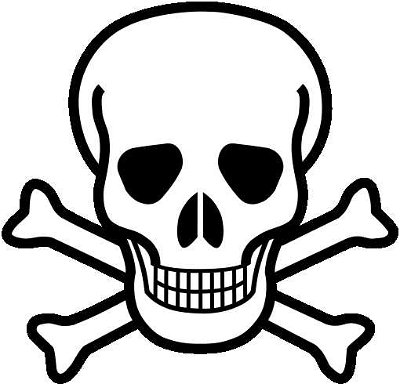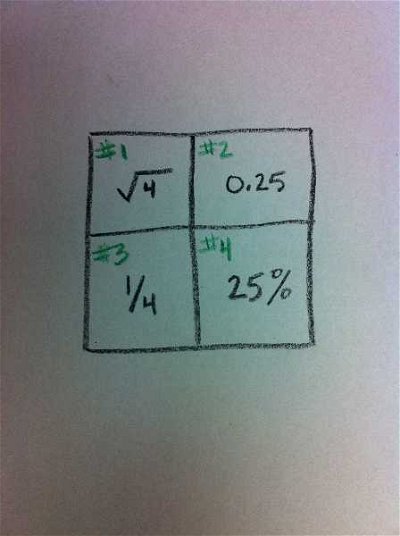Help of All Sorts
Need some help? In this quiz, there are ten instances of items, tools, people, and methods in which help can be provided for any need under the sun. Good luck! Average, 10 Qns, kyleisalive,
Sep 19 24
 If you can see this introduction then you did not heed the warning seen in the title of this quiz. So I guess I should tell you that this quiz is all about warning and uses American warnings. C'mon fearless quizmaster, you can't say I didn't warn you!
If you can see this introduction then you did not heed the warning seen in the title of this quiz. So I guess I should tell you that this quiz is all about warning and uses American warnings. C'mon fearless quizmaster, you can't say I didn't warn you! |
|
 Hopefully, taking this quiz won't actually be as painful as being drawn and quartered. After all, it's just a few questions on quarters. Have fun!
Hopefully, taking this quiz won't actually be as painful as being drawn and quartered. After all, it's just a few questions on quarters. Have fun! |
|
 Quick Question
Quick Question|
|
|
|
 = Top 5% Rated Quiz,
= Top 5% Rated Quiz,
 Top 10% Rated Quiz,
Top 10% Rated Quiz,
 Top 20% Rated Quiz,
Top 20% Rated Quiz,
 A Well Rated Quiz
A Well Rated Quiz
· All questions, answers, and quiz content on this website is copyright FunTrivia, Inc and may not be reproduced without permission. Any images from TV shows and movies are copyright their studios, and are being used under "fair use" for commentary and education.